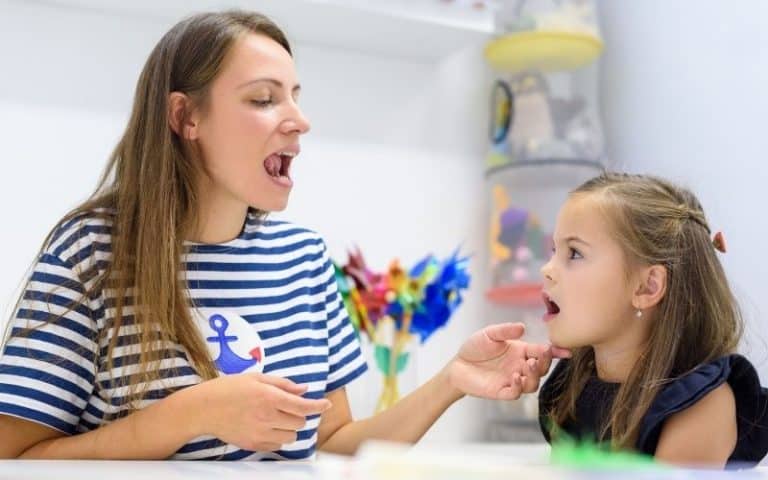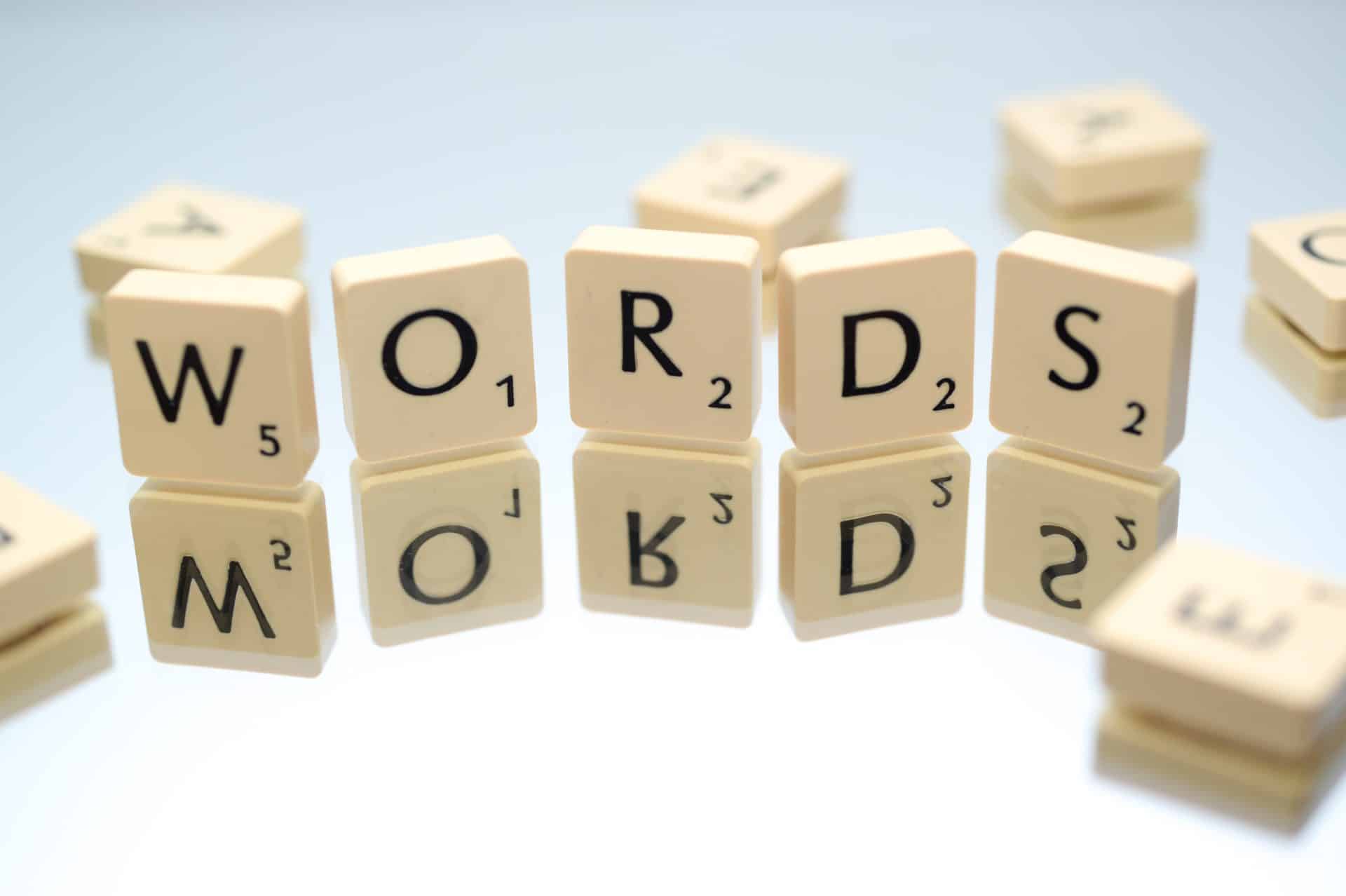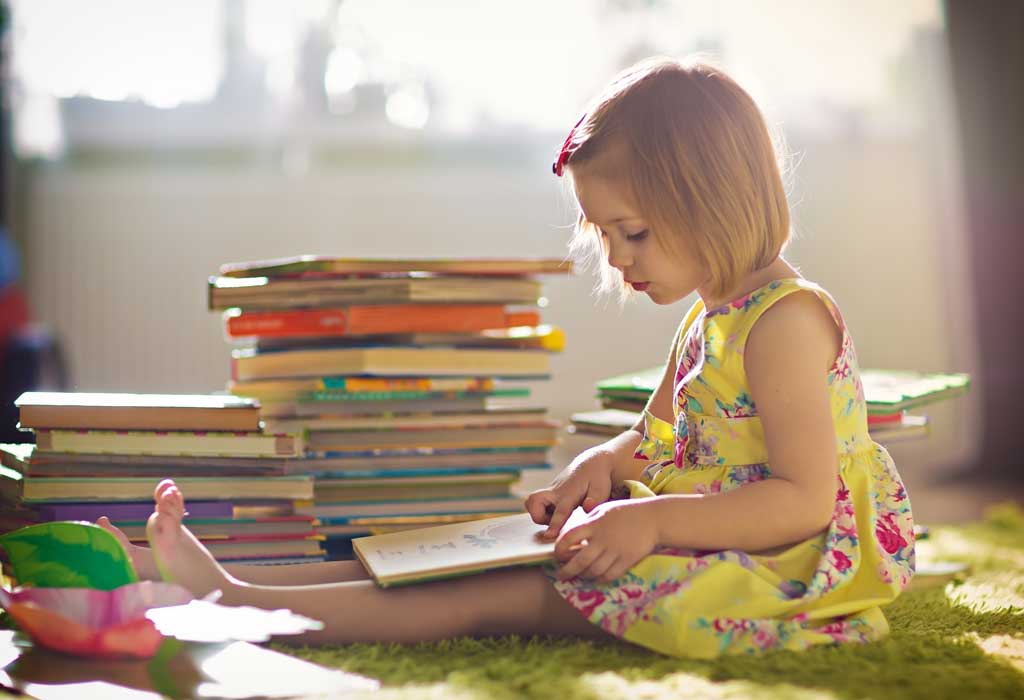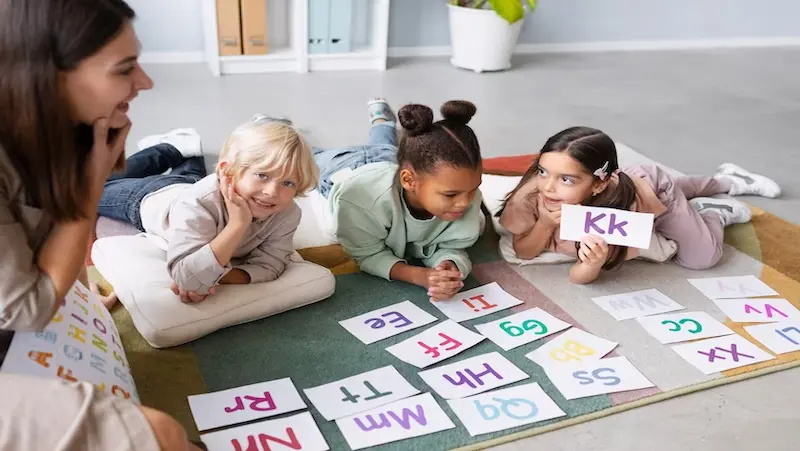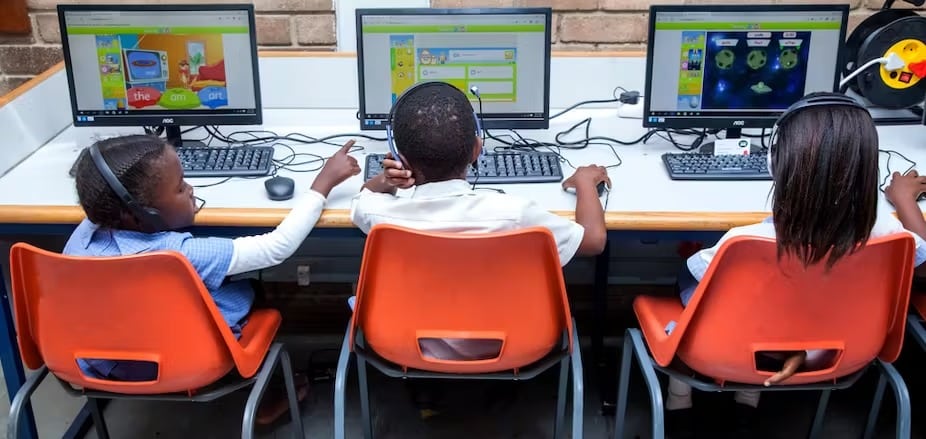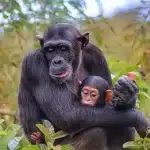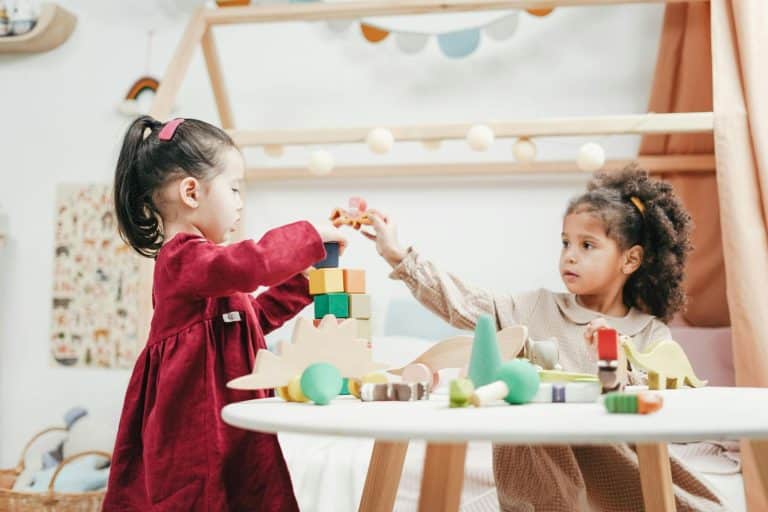Language is the most powerful tool in an individual’s holistic development.
Whether it is about learning any basic art form or any significant landmark in human success ahead.
The language was necessary and will continue to hold its paramount position in the face of humanity.
However, one significant aspect of language, and probably more crucial than anything, is its importance in human growth.
Language is that fine thread that knits the entire process through which the young mind takes up the art of communication, which paves the foundation of everything else in the world.
The entire trail of words, how we express ourselves, and our sounds do not just help a man converse.
Rather, it helps people unlock the cognitive ability that ultimately shapes one’s future.
This article is dedicated to the important theme of language, which helps unlock one’s potential before the world and its role, especially for a child’s development.
The Power of Language and Stages of its Development
Human communication is by far the most charismatic thing to have evolved, and it forms the basis of every other invention done by the human.
Moreover, the enchanting aspect of language is not just limited to everyday communication or historical speeches.
It extends into the realm of creativity and imagination, where terms like mystical names come into play.
To explore these intriguing terms further, consider delving into our article on mystical names, where we uncover the significance and stories behind these fascinating monikers.
From the cries of innocent babies to the historic speeches by history’s iconic speakers, the language has come along a terrific voyage.
Language has three stages of development; in this segment, we will explore all three stages.
1. The Value and Emergence of First Words
The first words from the baby’s mouth that fill our hearts with the utmost degree of love and joy set the tone for the language they would be making.
This is the foundation of the linguistic journey the little ones will be venturing into.
They try to replicate the sounds they hear and experiment through their vocal cords in whichever way possible.
2. Words and the Importance of Vocabulary
As soon as the babies make the first steps toward their linguistic journey, things now stand just over the distance in the blink of an eye where the toddler’s world stands from the pool of words.
With the curiosity of the highest order, they start to explore and absorb the most prominent language around them.
In the general parlance and as denoted by the experts, this phase is known as the vocabulary explosion.
At this phase, the children start taking up and acquiring the new set of words at a pace like no other thing in the world.
3. Sentence Complexity and Grammar
With the due passage of time, as the thing goes on, the budding language master sets on the journey to make grammatical discoveries.
Sentences start to take a long-form, stretch out, take several twists and turns, acquire complexity, and finally take structure.
Children start to make distinctions between tenses and grasp the important aspects of the three forms: past, present, and future.
Parameters that Affect Language Development
The degree of parameters that affect language development in kids is again classified into three different factors.
1. The Environmental Influence: Family and Education
Our environment has the most crucial role in the language learning journey.
Multiple factors, including family dynamics, financial status, and educational opportunities, all shape a child’s linguistic growth.
These factors help shape the kids’ mindset; eventually, the family’s support will result in the vocabulary reach and the standard of communication the child will develop in the coming days.
2. Child’s Genetics in Acquiring Language
This might sound a bit weird, but genetics and one’s life biological background have a lot to do with one’s linguistic power and speech abilities.
There is a pre-established language development setup embedded in everyone’s genes.
These are not solo acts; they interact with environmental cues and ultimately pave the way to fluent speech.
The delicate relationship between nature and upbringing brings out the outcome.
3. Finding and Marking the Disorders-related to Language
The most crucial aspect of the segment comes at this stage. Facing hurdles is nothing new and is a major challenge for anyone.
Disorders related to language disorders can hamper their progression. Early detection and intervention are the keys to avoiding any such barrier.
If you find any such things developing in your child, visiting the speech therapist to get rid of issues through tailored strategies is highly recommended.
Key Roles of Activities in Language Development
- Fun Activities: The fun games and activities help in language development to a degree like nothing could do. Whether it be the giggles or the nonsensical babbles, every little fun game the kids play helps develop their language skills proficiently.
- Language-based Educational Toys and Games: The toys and games related to language learning that we offer kids are one of their most proficient tutors to teach them every grievance associated with language and make them one of the finest linguists without anyone’s assistance. You can take the building blocks as an example. Children stack and create it, which helps them boost their vocabulary.
The Advent of Technology and Language Learning
With the ever-evolving advent of technology, it is wise to use technology to help kids hone their language skills.
Children and adults likely spend time on devices like smartphones, tablets, and laptops; though these devices offer interactive learning, they also bring the opposite repercussions.
These devices bring many facilities through learning apps, videos, and games; however, prolonged exposure can hamper their visual aid.
This will also impact the kid’s ability to think analytically.
In this regard, the role of parents and caretakers becomes extremely crucial. Two points need to be given utmost attention to avoid any unwanted losses.
- Learning with Absolute Balance: Screen time with offline activities like reading books and participating in group discussions can be of extreme help. Interactions of these short clips boost nuanced language skills that extend beyond the screen.
- Smart Consumption: Fix the restriction and set time limits for all forms of screen learning by encouraging breaks. Push and encourage learners to reflect on their learning by showcasing it in real-life scenarios.
Final Words
Language has a crucial role in a child’s holistic development; that serves as the foundation of cognitive, social, and emotional growth.
Through this language, the child is immersed in the world where they acquire the ability to communicate and open before them a worldview of endless opportunities.
The language eventually helps them develop an understanding of the world, which is an essential tool for each one of us.
Life is unimaginable without this skill set; we hope this has given you a detailed insight into the importance of language.
Any suggestion and additional information based on the subject would greatly help others; drop your thoughts below in the comments.

